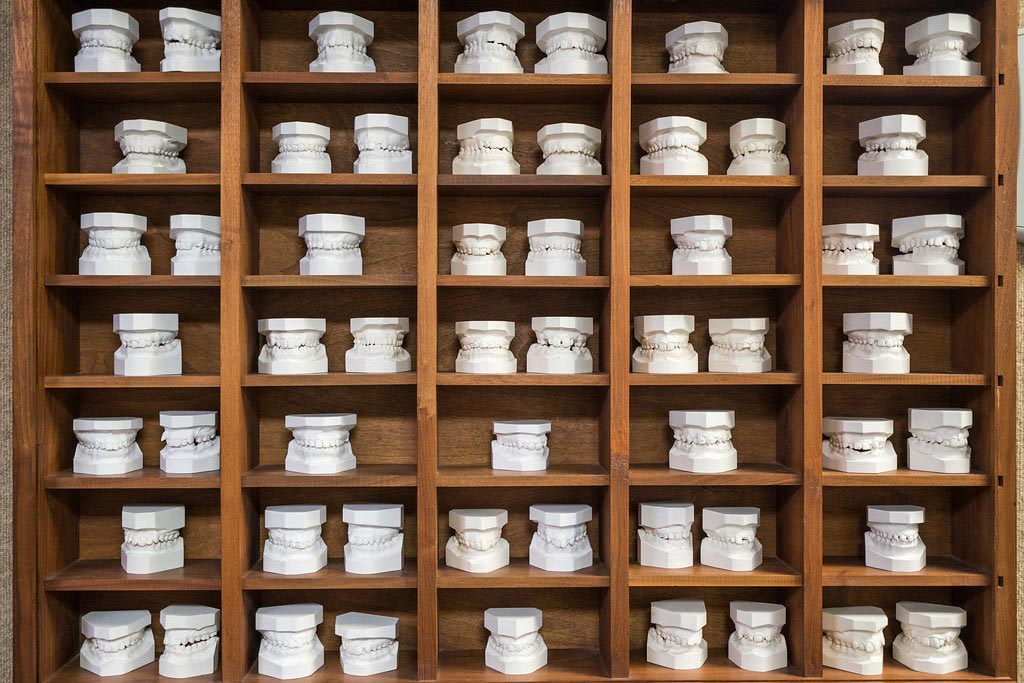Have More Questions?
Feel Free To Ask Anything

You should see your dentist every six months, or twice a year. This is important to catch any developing issues, and to maintain general hygiene with a deep cleaning and removal of plaque that may have built up. It is also important to get a low-dose digital x-ray once a year to check if there are any conditions that might be present below the surface.
If you have a fear of the dentist, then picking the right dentist for you is very important. You want someone that you feel comfortable with, someone that you can trust, and most importantly, someone with whom you can have an open, honest conversation. Being able to talk to your dentist about your concerns and having an open dialogue about your treatment options is vital to overcoming fear of the dentist. We are always happy to answer any questions our patients have and enjoy taking the time to get to know each person and help you feel at ease during your dental visits.
Dentists are people, too, so therefore all dentists are different. But many dentists offer the same services, and have similar skill sets, so it is important to pick a dentist that is both convenient, but also has a chairside manner, communication style, and office environment that match your expectations. Having a comfortable, trusting relationship built on mutual respect is important when picking a dentist, so be sure to consider it when you make your final decision.
There are many ways to whiten your teeth. Some techniques you can use at home, like whitening toothpastes, adhesive whitening strips, and custom whitening trays. Other whitening options are performed at your dental office. Dr. Holser uses veneers to create whiter smiles for his patients.
Depending on the situation, there are many ways to replace a missing tooth. Patients with missing teeth could get a removable, partial denture, a crown, a bridge, or a dental implant. There are many determining factors that impact what is the best fit for you including cost of the procedure, stability and heath of surrounding teeth and gums, the number of teeth that are missing, where in the mouth the missing teeth are located, and patient preference. A full consultation with your dentist would be necessary before deciding on the final treatment plan.
The best way to maintain great oral health is through diligent homecare and consistent in-office hygiene visits. Homecare should include brushing your teeth twice a day and flossing every day. Brushing after meals and using mouthwash are also beneficial. Depending on your individual dental needs, your homecare routine may also include wearing a night mouthguard while you sleep. In addition to these practices, hygiene visits should be scheduled every six months, and you should get an x-ray exam of your teeth once a year. It is also important to deal with small issues immediately, so that they are not given the opportunity to become bigger issues.
There are a few tell-tale signs of gum disease. The first symptom is bleeding gums after brushing or flossing. If you are spitting blood after either brushing or flossing, then you could have the early stages of gum disease. Another symptom is having loose teeth. Teeth that are sensitive and loose to the touch are another early warning sign. The last symptom is chronic bad breath. If you are experiencing any of these symptoms it is important to visit your dentist to diagnose the issue and begin treatment before it worsens.
It is always good to arrive a little early, especially for your first appointment. If you haven’t already filled out your new patient paperwork and submitted it online, or printed it off and filled it out, then you will need to do that in the office before your visit. Otherwise, there is no need to come more than a few minutes ahead of your scheduled appointment, unless you have questions that should be answered before meeting with your hygienist and Dr. Holser.
For both of these situations it is important to make a dental appointment immediately. Having a missing tooth for a long period of time can lead to other dental issues such as tooth shifting and gum and bone loss, which can be permanent. It is also important to recognize that having a tooth knocked out could be part of a larger medical issue, and it may be necessary to seek emergency medical attention in addition to dental care.
Feel Free To Ask Anything